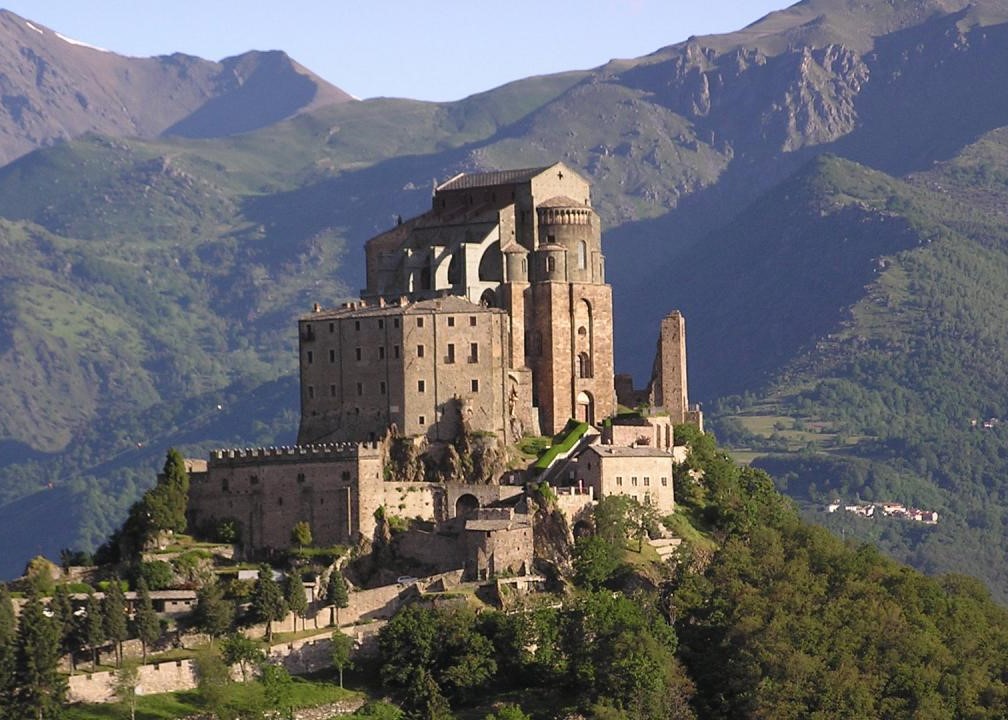
 Millionaire
Millionaire
Italian good news: Airbnb, an important support for the economy of small Italian villages
- WTI Magazine #162 Apr 15, 2023
-

 Millionaire
Millionaire
According to the findings of a study conducted by the Politecnico University of Turin, Piedmont, the research carried out of 270 villages belonging to the list "I borghi più belli d’Italia," showed that short term rentals and realities such as Airbnb grow rural tourism and Italy's artistic heritage.
In particular, they help boost the local economy, especially when ads related to accommodation offers are activated in the villages. The study shows that small businesses experience increased revenues, generating additional positive effects on workers and a more equal distribution of wealth in areas usually characterized by a declining economy.
So it is very clear that the presence of businesses like Airbnb in 'marginal economic areas' is also good for economic growth in the long run. Similar activities bring a benefit to micro-businesses that can be quantified as 23 % income growth for up to four years. Among the site users' favorites are centers such as Chiusa, in the province of Bolzano, Trentino Alto Adige, or even small towns such as Bard, in Val D'Aosta , which has about 100 inhabitants.
Immediately tangible effects on local communities include growth in the hospitality sector (+8.6 %), transportation (+10.8 %), entertainment (+11.5 %) and travel agencies (+7.9 %).
But realities such as the U.S. platform are not only good for the economy: short rentals would also offer concrete help in combating depopulation. Private tours, overnight stays and food and wine experiences in historic homes are real growth opportunities for locals. Indeed, on the Airbnb platform, in addition to rural-type accommodations such as agritourisms, there are also more than 12,000 historic homes, residences often located in sparsely populated areas: in fact, according to data from the Associazione Italiana Dimore Storiche (Italian Association of Historic Houses), 90 % are located in rural areas.